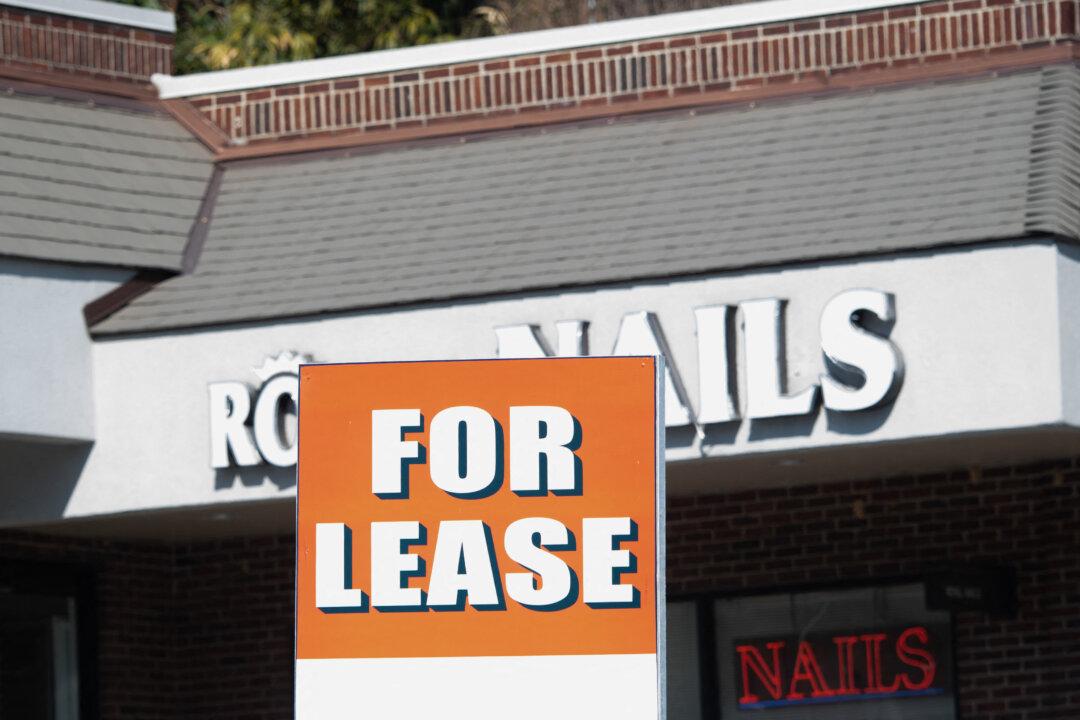Morgan Stanley analysts have issued a stark warning regarding the commercial real estate market in the wake of banking turmoil after the collapse of Silicon Valley Bank (SVB) and Signature Bank last month.
In a weekly Global Investment Committee note published on April 3, Lisa Shalett, chief investment officer for Morgan Stanley Wealth Management, noted that the commercial real estate sector faces a “huge hurdle” when it comes to refinancing, with commercial real estate prices potentially tumbling by as much as 4o percent from their peak.




